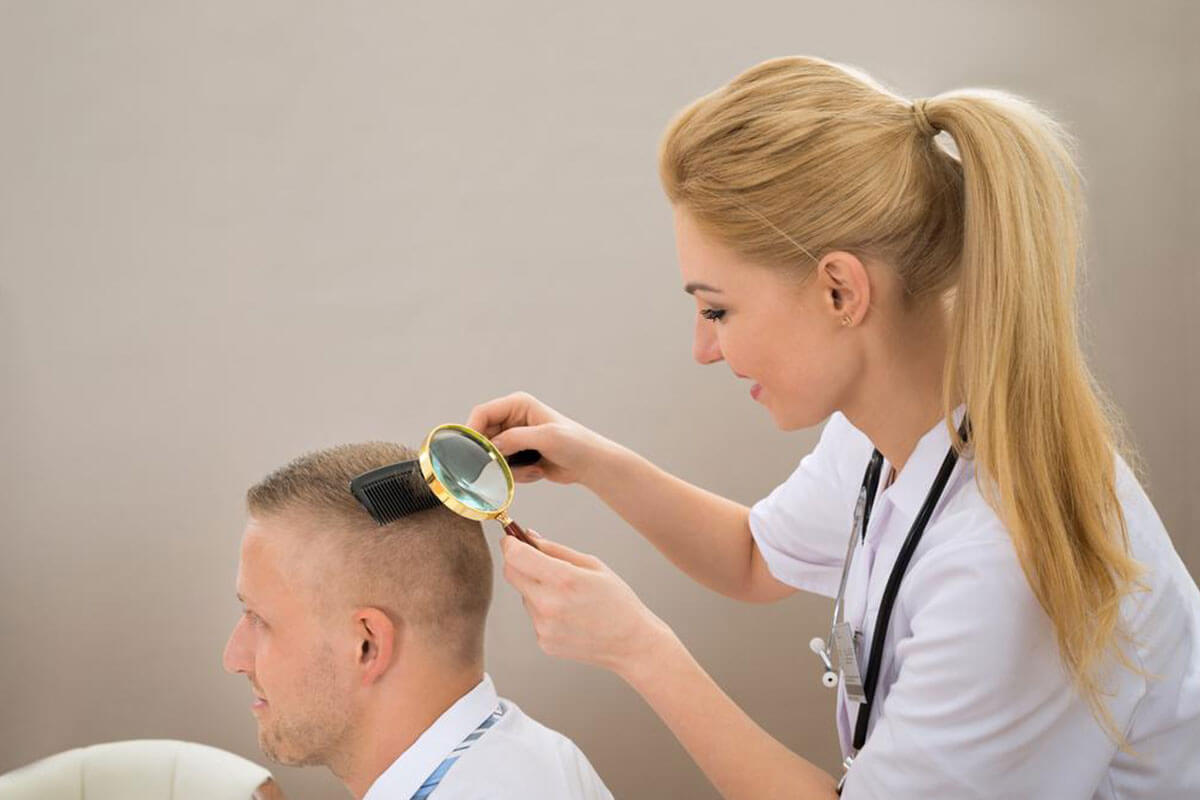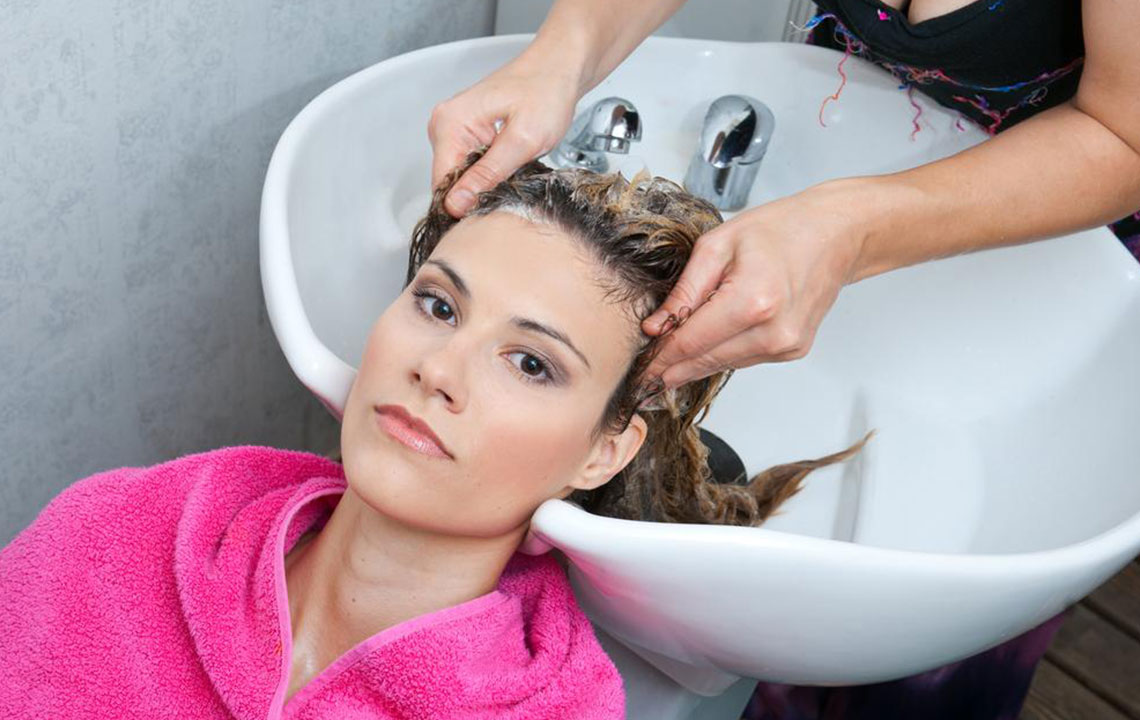Comprehensive Guide to Scalp Psoriasis: Causes, Symptoms, and Treatment Options
This comprehensive article explains scalp psoriasis, covering its symptoms, causes, and treatment options. It emphasizes early recognition, triggers, natural remedies, dietary tips, and when to seek medical advice. Perfect for those seeking a clear understanding to manage this autoimmune scalp condition effectively.

A Complete Overview of Scalp Psoriasis and Its Management
Scalp psoriasis is an autoimmune condition causing rapid skin cell growth, leading to inflammation, itching, irritation, and scaly patches on the scalp. It can extend to the forehead, neck, elbows, and ears, sometimes resulting in hair loss. Often mistaken for dandruff, early signs are sometimes overlooked, delaying treatment. Over time, large rash areas may develop. This article provides a detailed understanding of scalp psoriasis, its symptoms, causes, and available treatments to manage the condition effectively.
Symptoms to Recognize
Red, inflamed patches
Thick, silvery scales
Dry, cracked skin
Itching and burning sensations
Soreness around affected areas
Hair thinning or loss
Bleeding in patches
Symptoms may vary individually and occur in cycles, with flare-ups and remissions triggered by various factors.
Origin and Causes
Genetics: A family history increases susceptibility, especially if both parents are affected.
Excess weight: Overweight individuals tend to develop more scalp psoriasis due to skin folds.
Smoking: Tobacco use exacerbates symptoms and increases risk.
Stress: Elevated stress impacts immune response, raising incidence likelihood.
Infections: Viral and bacterial infections can trigger or worsen psoriasis, especially in immunocompromised individuals.
Vitamin D deficiency: Low vitamin D levels impair healthy skin cell development.
Alcohol: Excessive alcohol affects immune function and accelerates skin cell production.
Medications: Drugs like beta-blockers and lithium may contribute to the condition.
Management and Treatment
Symptom Relief: Medicated shampoos with menthol or salicylic acid, steroid creams, and cold packs can soothe itching and inflammation.
Salicylic Acid: Softens and removes scaling and dead skin buildup.
Coal Tar: Available in creams and lotions, it reduces scaling and itching by slowing cell growth.
Topical Steroids: Used depending on severity, including agents like calcipotriol, tacrolimus, and tazarotene, to decrease inflammation and normalize cell growth.
Phototherapy: Under medical supervision, UV light therapy can help alleviate symptoms, especially in thick hair regions.
Systemic Treatments: When topical approaches are insufficient, options include methotrexate, oral retinoids, cyclosporine, and biologic injections that target immune responses to control flare-ups.
Natural and Alternative Remedies
Aloe Vera: Moisturizes and soothes skin, reducing redness and dryness.
Apple Cider Vinegar: Diluted application can relieve itchiness, only on intact skin.
Baking Soda: Eases irritation when applied as a solution.
Capsaicin: Can reduce pain and inflammation but may cause stinging.
Coconut and Avocado Oil: Nourishes and hydrates the scalp, minimizing flakiness.
Garlic: Anti-inflammatory properties help prevent infections; apply mixed with aloe vera.
Oatmeal Baths: Alleviates itching and soothes inflamed skin.
Sea Salt: Rinsing aids in reducing scaling and inflammation.
Tea Tree Oil: Antimicrobial and anti-inflammatory, diluted for use.
Vitamin D: Sun exposure, with protection, boosts skin health.
Dietary Strategies
Omega-3 Rich Foods: Fish like salmon, mackerel, and sardines reduce inflammation; supplements are also beneficial.
Turmeric: Its anti-inflammatory effects can help mitigate symptoms.
Fruits & Vegetables: Vitamin C-rich produce and anti-inflammatory veggies strengthen immunity.
Whole Grains: Brown rice, oats, and barley provide fiber and antioxidants.
Lean Proteins: Skinless poultry reduces inflammatory response.
Healthy Fats: Nuts, seeds, avocados, and vegetable oils support overall health.
Supplements: Vitamin D, B-12, fish oil, and selenium can complement treatment after consulting a healthcare provider.
Recognizing early signs and understanding triggers enables timely treatment. Always seek professional medical advice before making dietary or medication changes for managing scalp psoriasis effectively.










